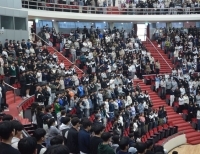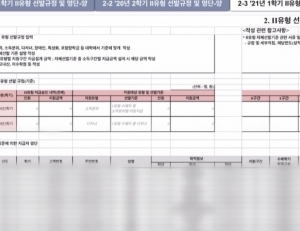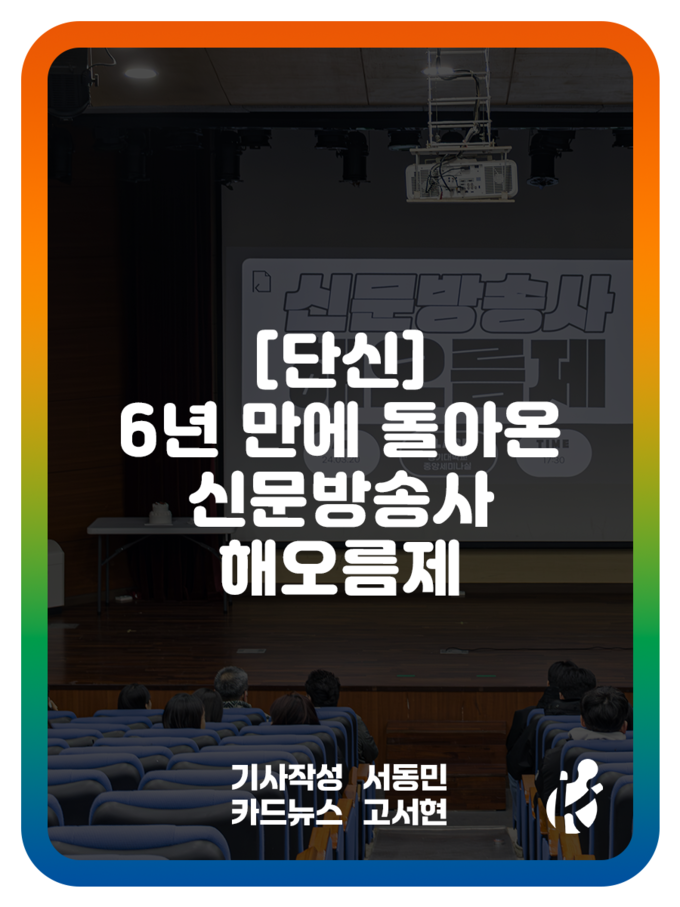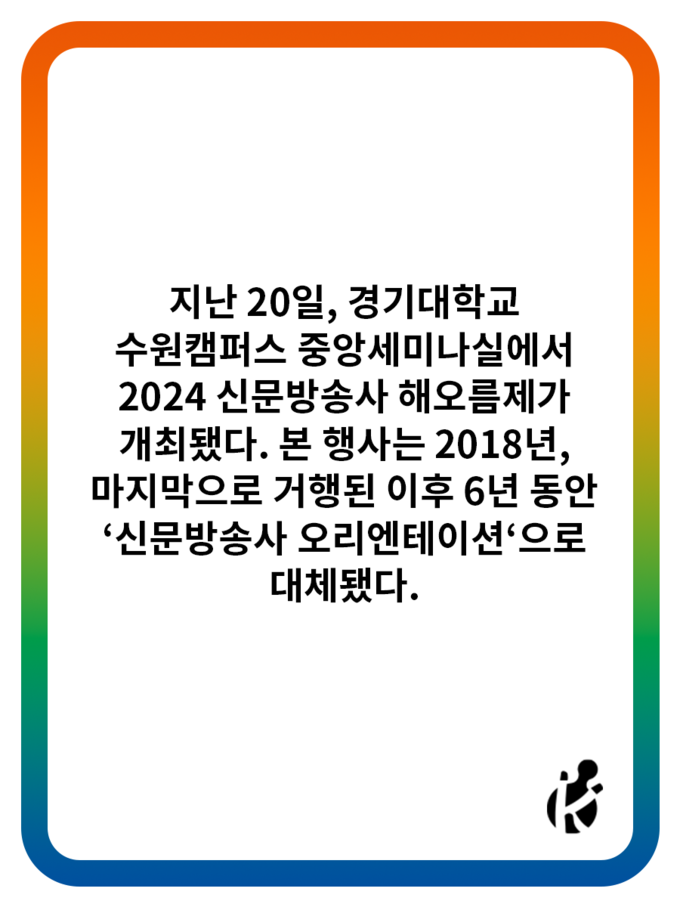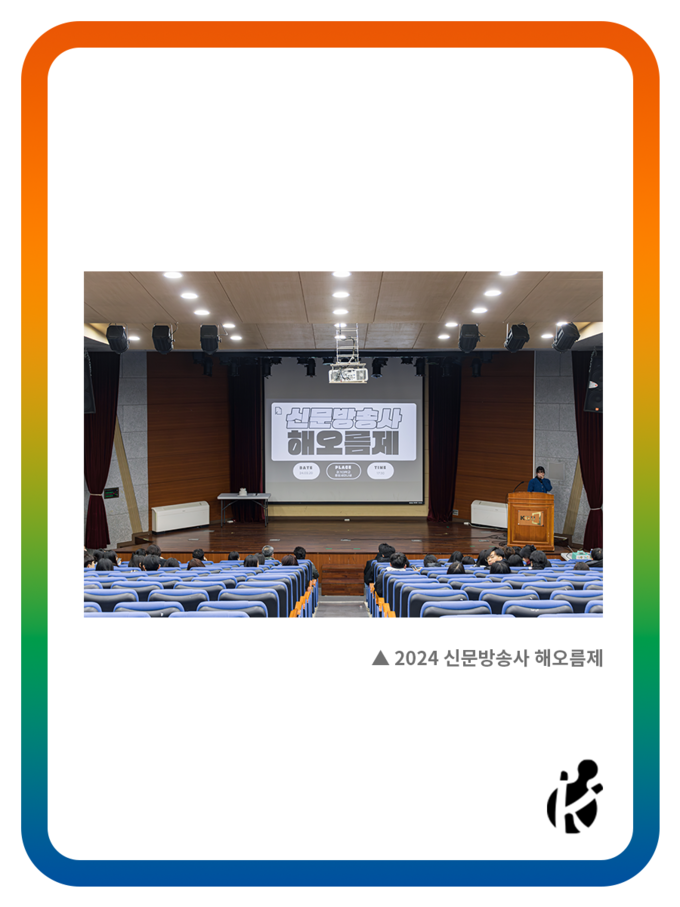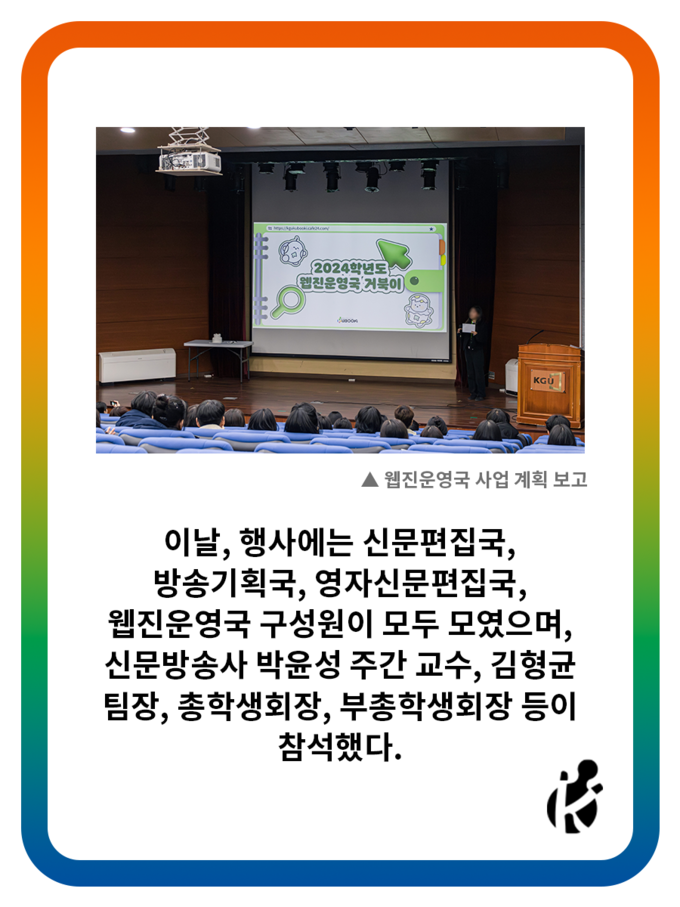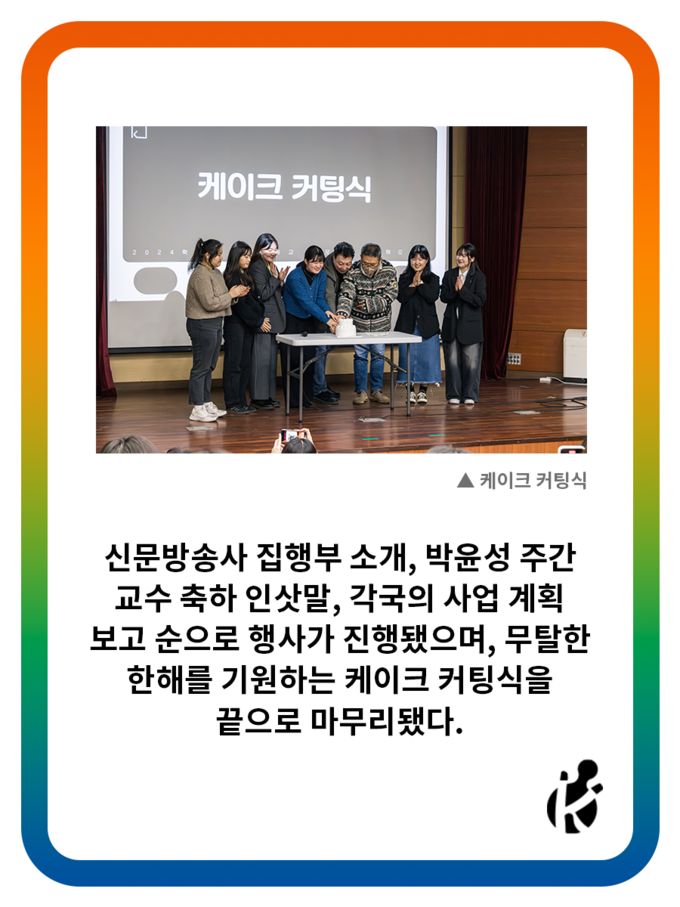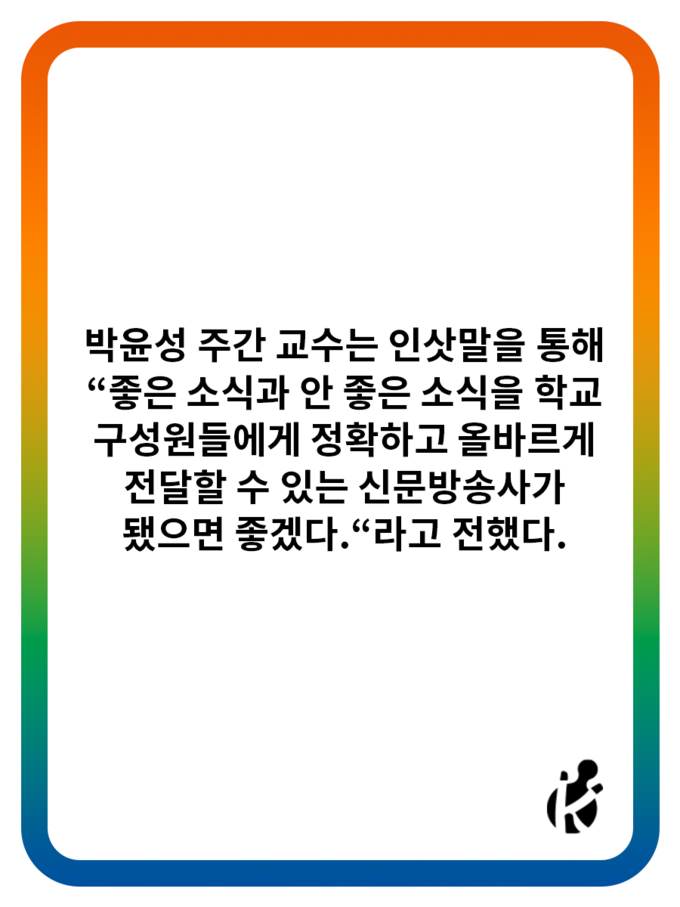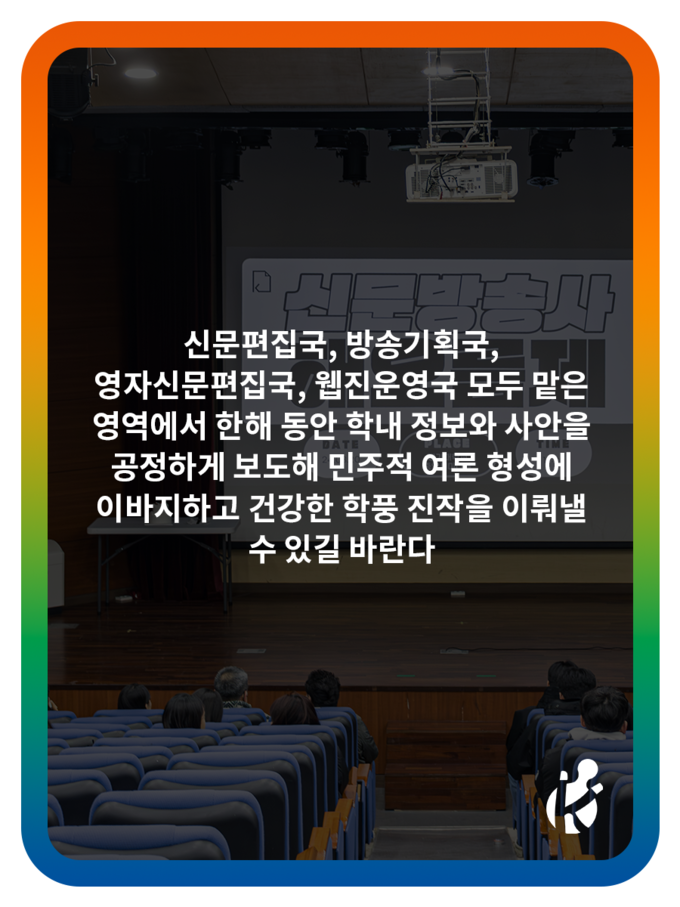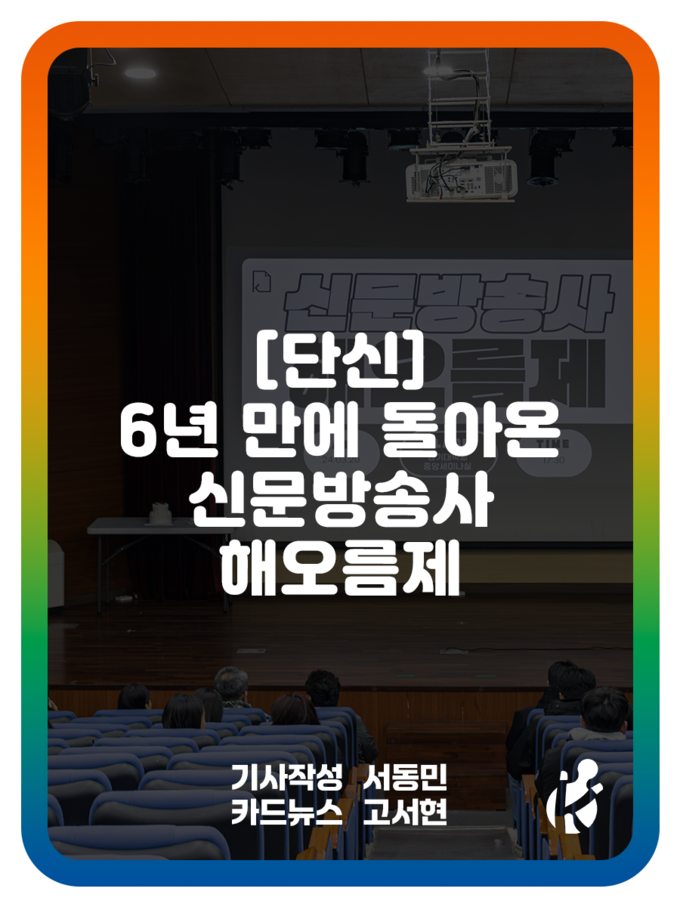This summer, Koreans were very upset due to actions by Japan. A decision Japan made and the history around the decision kindled the rage. People in our country started a movement that encouraged Koreans to stop buying Japanese products, and it spread very quickly. There are different opinions inside and outside of the country, but the truth is almost all citizens turned against Japan. It does not seem that this movement will be ending anytime soon, since people are responding to Japan’s decision by sharing “don’t buy lists.” What specifically caused this conflict? How are people likely to react further? The Pharos investigated the causes and the further steps.
The relationship between Korea and Japan has always been sensitive because of what they did to Koreans in the past. By these past actions, we have always bonded strongly to react whenever the relationship between Korea and Japan has gotten worse. In spite of this, the country that Koreans visit the most is Japan, and Japanese culture is well established here, including their food, product, and so on. It is said that the cultural distance between Koreans is pretty small now. This means that most of our conflicts can be dealt with by discussion, but this time talking has not been sufficient to mend the breach caused by the decision Japan made. The main stimulus of this breakdown in relations was the decision to exclude Korea from their nation’s White List. Inclusion on the White List means that as an allied nation, the process of exportation is simplified when it comes to strategic materials. If excluded from the list, the restrictions are going to be very hard to endure. The reason why this decision has been called “economic terror” is because core materials for the most prominent industrial products like semiconductors and displays are affected by the restriction. Japan has denied the decision is motivated by revenge, but how can we figure out what’s the truth? Then, why did Japan make that decision? The ignition point was the Korean Supreme Court’s favorable judgement on victims of the forced draft by Japan. Japan was not happy about that judgement, so they suggested a third party arbitration committee be established to solve the matter of reparations between Korea and Japan. The Korean government turned their suggestion down because if it was accepted, it would mean that our judgement was in some way wrong. Nevertheless, some interested parties claimed Korea needs to seriously consider Japan’s suggestion.
The Pharos conducted a survey of Kyonggi University students about their thoughts regarding the “Don’t buy” movement. First we asked, “What do you think about the exclusion decision of Japan?” The most common responses were “Japan did too much,” and “They were wrong.” However, some people responded by saying “I understand why Japan acted like that.” When we asked, “Is the Do not buy movement an effective reaction to the exclusion decision of Japan?” 71.4% said, “Yes,” and 7.1% said, “I don’t know.” To the question, “How much are you participating in the movement?,” 57.1% said, “I just buy Japanese products that I have to buy,” and 28.6% said, “I do not buy a single product of Japan.” When we asked, “What are you going to do if it lasts longer?” 57.1% said, “It depends on the situation,” and 35.7% answered, “No matter how long it lasts, I will not buy anything.” When the Pharos asked about their general opinion of the relationship between Korea and Japan, they responded that Korea should present our side of the argument. Also, many of the respondents answered that the conflict must be dealt with quickly.
The decision to exclude our nation from the White List has not only had negative effects. It has served as an occasion to raise awareness that major products and raw materials that were previously dependent on Japanese imports should be sourced more securely. In particular, White List regulation of some very important resources such as photo registry, fluorine, and hydrogen fluoride, which are vital to the semiconductor industry, has dealt a severe blow. They were resources that relied heavily on Japanese exports. However, as Japan designated them as export-restricted items, companies have changed and now import them from other countries such as the U.S. and Russia, and it is said they are also being actively developed in Korea. If stability is ensured through the current testing phase, it will serve as an opportunity to encourage domestic semiconductor companies to become more robust. Also, if the popular Japanese products in Korea, such as ballpoint pens and SPA products, can be replaced by products from Korean companies, the domestic economy will likely be a little more revitalized. Actor Lee Na-young, a model for the popular clothing brand “Uniqlo,” has added to the boycott by switching to local brand “Top Ten.” In addition, many sectors, such as stationery, food, and beverages, are being forced to reduce their dependence on Japanese products, and the movement is expected to continue for quite some time. Therefore, the government should use this incident as a springboard to take a leap forward; as it is said, “A crisis is an opportunity.”
There have been some gains from the boycott, but that doesn't mean the boycott will last forever. This is because the relationship between the two countries is larger than what is happening between them now and because of international pressure. In addition, this boycott is only a retaliation for Abe's policies, and Koreans should not commit other crimes because of our bad feelings, such as attacking Japanese or Japanese society. Moreover, Korea should not forget that the current boycott is a strategic and symbolic one, and that it is an act that damages both nations. In our relations with Japan, people often get emotional. However, it is time for the government and people to work together so that they can respond rationally and gain the upper hand in international relations, not simply express their feelings
Management Editor•CHOI SOYEON•clara3003@naver.com
71st Reporter•PARK SINUI•dean0305@naver.com
- TAG
-
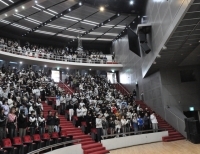 What Happened in KGU? : 수원캠퍼스 학생총회 편
On April 4th, a general meeting of students was held in the Tele-convention center at the Suwon campus. The contents were the same as the general meeting of students in the Seoul campus: the first part was for agenda announcement, the second part was about the Membership Training for whole university, and the third part was simple Q&A time. In the first part, the agendas were all the same as the ones for the Seoul campus, and the result of the ...
What Happened in KGU? : 수원캠퍼스 학생총회 편
On April 4th, a general meeting of students was held in the Tele-convention center at the Suwon campus. The contents were the same as the general meeting of students in the Seoul campus: the first part was for agenda announcement, the second part was about the Membership Training for whole university, and the third part was simple Q&A time. In the first part, the agendas were all the same as the ones for the Seoul campus, and the result of the ...

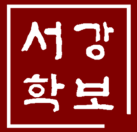 [타 대학보 축사] 늘 그랬듯, 묵묵히
[타 대학보 축사] 늘 그랬듯, 묵묵히
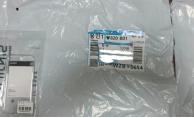 [와이파이] 큰 박스에 달랑 물건 하나, 과대포장 규제 정책 시행은 언제쯤
[와이파이] 큰 박스에 달랑 물건 하나, 과대포장 규제 정책 시행은 언제쯤
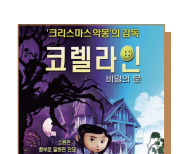 [문화산책] 이 세계는 멋져 보이지만 모두 환상이야
[문화산책] 이 세계는 멋져 보이지만 모두 환상이야
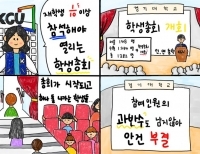 [네컷만화] 학생총회
[네컷만화] 학생총회

 목록
목록





